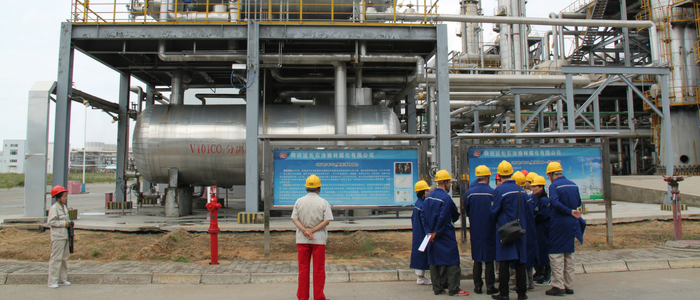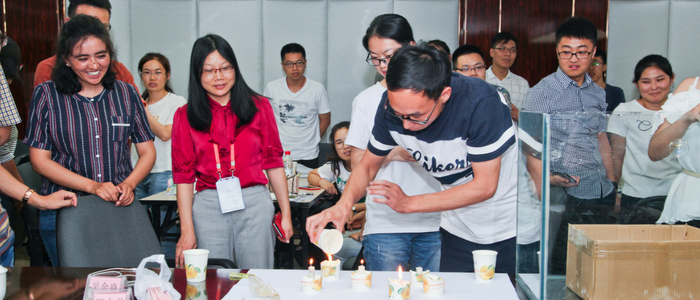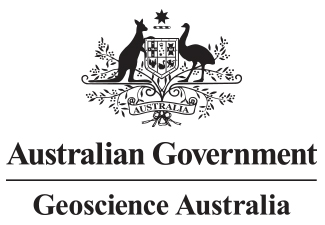China-Australia Geological Storage project celebrates 10-year milestone
26 June 2018
Australian and Chinese researchers are celebrating a significant 10-year milestone of international collaboration to find a solution to a global problem by lowering carbon dioxide(CO2) emissions and promoting and advancing carbon storage technology.
The China-Australia Geological Storage (CAGS) project was established under the Asia-Pacific Partnership on Clean Development and Climate (APP) in 2008, providing an important international forum for Australia and China to cooperate on advancing and promoting carbon storage technology as part of the cleaner fossil energy technology development program. Carbon capture and storage (CCS) and carbon capture, utilisation and storage (CCUS) are critical technologies that can reduce greenhouse gas emissions and this partnership has seen significant advances in our global understanding.
 Australian researchers visiting Yanchang's CO2 capture facility in Yulin, China.
Australian researchers visiting Yanchang's CO2 capture facility in Yulin, China.
Phase Two was undertaken between 2012 and 2015, and was endorsed by the Australia-China Joint Coordination Group on Clean Coal Technology, and continued to support the ongoing collaboration on CCS between Australia and China as part of low emission coal technology.
The current and third phase of the project has continued to build geological storage research capacity through scientific exchanges and joint CCUS demonstration projects.
Geoscience Australia project leader Dr Andrew Feitz said the project has provided an invaluable avenue for Australian researchers to visit active Chinese CCUS demonstration sites, and for our Chinese colleagues to make use of Australia's geological storage, monitoring and groundwater expertise.
"The ten years of collaborative success of the CAGS project has demonstrated how science and technology collaboration strengthens Australia's ties with China."
"A particular emphasis across the whole project has been capacity building, sharing technical knowledge and expertise, and the establishment of an extensive CAGS alumni network with over 900 participants from both countries," Dr Feitz explained.
 Carbon capture and storage training school in China: having fun with carbon dioxide (CO2)
Carbon capture and storage training school in China: having fun with carbon dioxide (CO2)
Current discussions on how to build on this successful collaboration are exploring opportunities for future research projects, identifying opportunities to strengthen knowledge sharing into the future.
The project is jointly managed by Geoscience Australia on behalf of the Australian Government and China's Ministry of Science and Technology, through the Administrative Centre for China's Agenda 21 (ACCA21).




